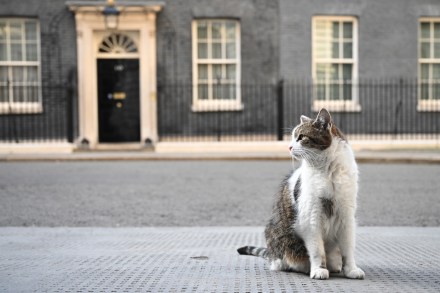The lost art of the insult
Imagine I were to begin this column by remarking that a woman preaching is like a dog walking on its hind legs. It is not done well, but you’re surprised to find it done at all. Dear me, that would never do, even in as cheeky a magazine as The Spectator. Then try instead: ‘Dr Johnson was no admirer of the female sex. “A woman’s preaching,” he said, “is like a dog’s walking on his hinder legs. It is not done well; but you are surprised to find it done at all.”’ I could get away with that. An antiquated opinion, safely attributed to an 18th-century writer, enclosed behind quotation




















